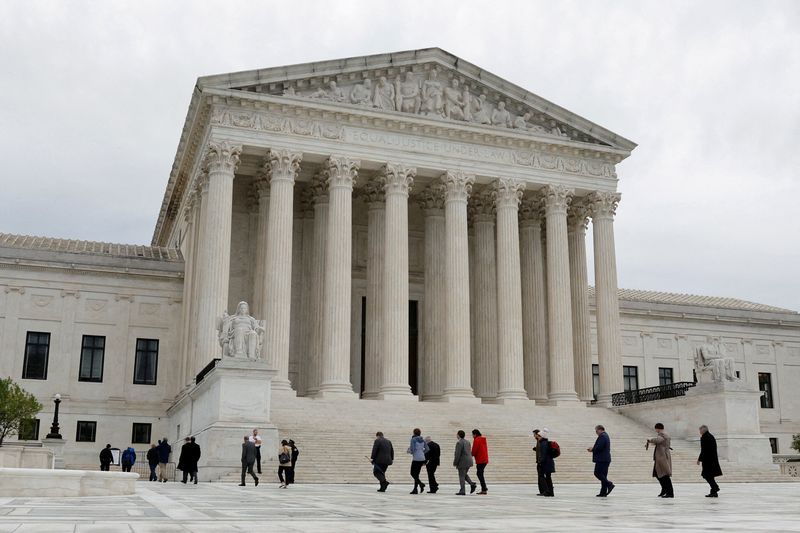
Can A Hotel Be Sued Over Disability Accommodations By Someone Who’s Never Been There? SCOTUS To Decide
Katelynn Richardson on March 27, 2023
The Supreme Court will take a case considering whether an Americans with Disabilities Act “tester” can sue a hotel for failing to offer disability accommodations without ever visiting, it announced Monday.
The case, Acheson Hotels, LLC v. Laufer, was filed by Deborah Laufer, who has targeted over 600 hotel owners and operators with federal lawsuits after finding their websites “insufficiently clear” about accessibility accommodations for people with disabilities, according to court documents. A federal district court in Maine dismissed her lawsuit based on lack of standing, but the First Circuit allowed the case to proceed.
Though Laufer had “no intent to use the information for anything but a lawsuit,” the First Circuit found her “feelings of frustration, humiliation, and second-class citizenry” sufficient to grant standing to sue, given that they are “‘downstream consequences’ and ‘adverse effects’ of the informational injury she experienced.”
The Supreme Court agreed to take up Acheson Hotels’ appeal on Monday. Acheson Hotels argues in its petition for a writ of certiorari that the case is of “immense practical importance” because of its implications for small businesses, often small hotels or bed-and-breakfasts, which can be pushed into bankruptcy by Laufer’s lawsuits.
“A cottage industry has arisen in which uninjured plaintiffs lob ADA lawsuits of questionable merit, while using the threat of attorney’s fees to extract settlement payments,” the petition states. “These lawsuits have burdened small businesses, clogged the judicial system, and undermined the Executive Branch’s exclusive authority to enforce federal law.”
All content created by the Daily Caller News Foundation, an independent and nonpartisan newswire service, is available without charge to any legitimate news publisher that can provide a large audience. All republished articles must include our logo, our reporter’s byline and their DCNF affiliation. For any questions about our guidelines or partnering with us, please contact[email protected].
